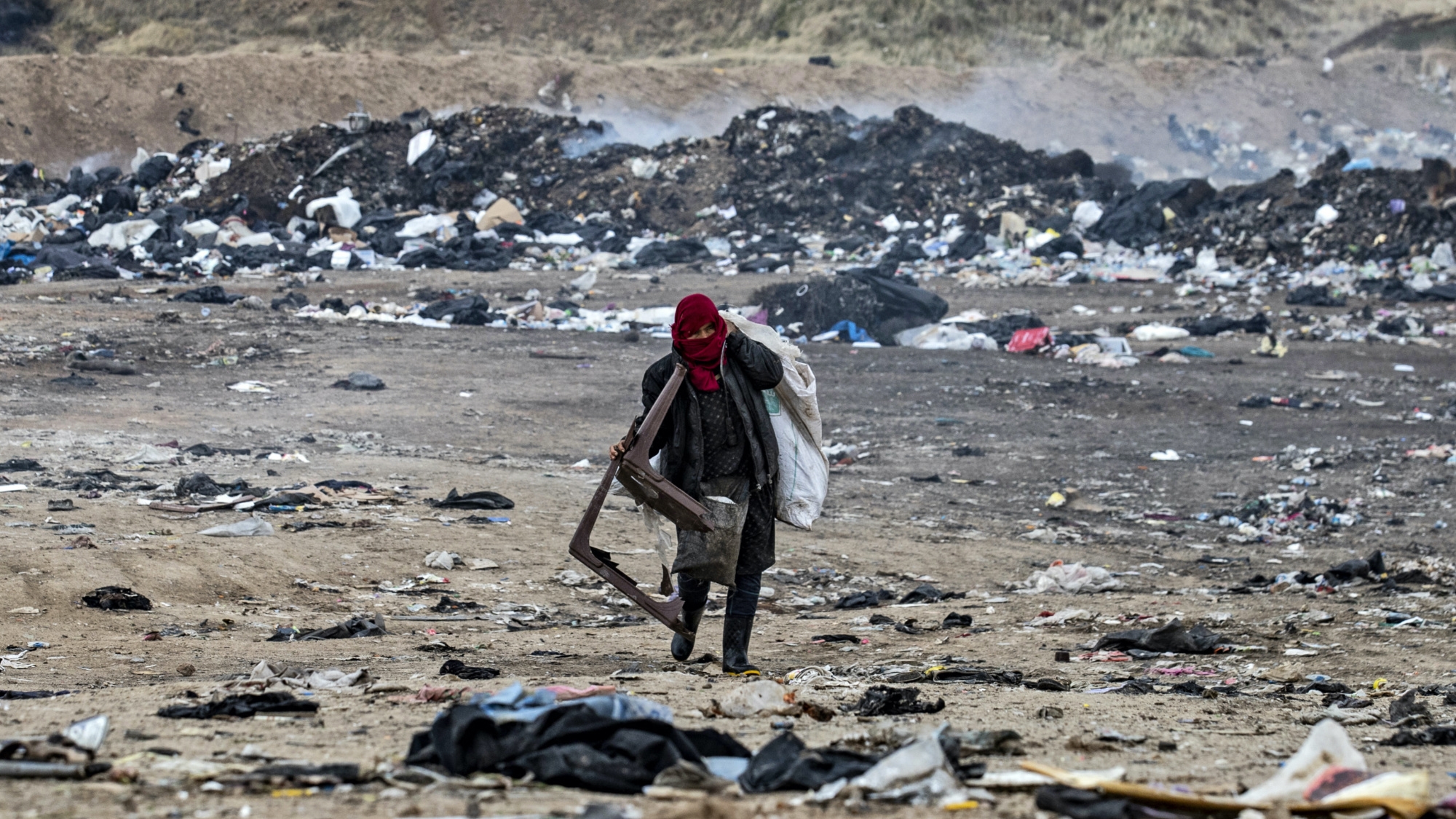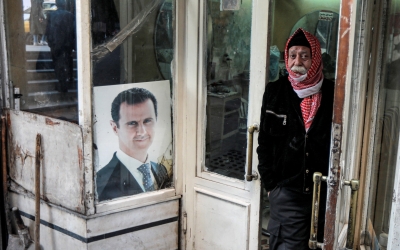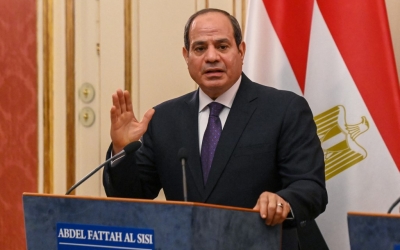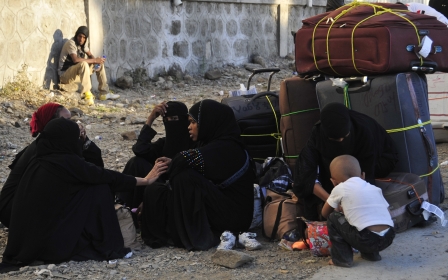Arabic press review: Syrians sell organs to overcome poverty

Economic crisis pushes Syrians to sell organs
The sale of human organs is spreading in Syria, where a black market managing the trade has emerged through advertisements on social media and street posters for people looking to sell their organs, Melody Radio reported.
New MEE newsletter: Jerusalem Dispatch
Sign up to get the latest insights and analysis on Israel-Palestine, alongside Turkey Unpacked and other MEE newsletters
Ahmed Farid Ghaza, a doctor on the board of directors of the Syrian urological society, said many people were putting their kidneys and testicles up for sale due to the economic crisis in Syria.
There are no official or non-governmental statistics about the number of organ trade cases, but Ghazal, like other doctors, said he receives "many consultations from people who want to sell their kidneys and testicles".
"The organ trade is prohibited by law and there are tough penalties for those who receive financial compensation in exchange for organ donation," he said.
Doctor Ammar al-Rai, a specialist in kidney surgery in Damascus, also said that he receives daily calls from people wishing to sell their organs.
"I receive two to three calls to discuss the matter every day," he said, according to the radio station, which is close to the government.
Detained Egyptian Journalist starts hunger strike
Egyptian journalist Hisham Fouad on Wednesday started a hunger strike in protest against repeated assaults targeting him and many other prisoners, joining a number of detainees across prisons in Egypt, Al-Araby Al-Jadeed reported.
Fouad, who has been in prison since June 2019 awaiting trial, was handed a four-year sentence on 17 November 2021.
Egyptian researcher Ahmed Samir Santawi has also joined the list of hunger strikers in prisons.
Santawi, a masters student in anthropology at the Central European University in Vienna (CEU), was arrested for his academic work which focused on women's rights and was sentenced to four years in prison.
A number of political activists have gone on hunger strikes in Egyptian prisons, protesting the deplorable conditions of the prisons, the lack of rights and demanding their freedom.
Political activist Ahmed Douma, who is serving a 15-year prison sentence, has been on a hunger strike since Sunday.
Douma has demanded that the public prosecution investigate the reasons behind the strike, and sent a memorandum to the warden notifying him that he had started his hunger strike.
Egyptian human rights organisations have reported that political activist Ahmed Maher was beaten - with the knowledge of the prison administration - before being transferred to another prison in order to force him to end his hunger strike, the newspaper reported.
Saudi Arabia begins deportation of 100,000 Ethiopians
Saudi Arabia deported hundreds of Ethiopians on Wednesday, the first group of 100,000 nationals who will be repatriated from the kingdom in the coming months, according to a report by Al-Khaleej Al-Jadeed.
The International Organisation for Migration (IOM) said that a total of 900 people, including many women and children, arrived at Addis Ababa Bole International Airport.
Those deported were registered and assisted by IOM staff and given "food, temporary accommodation, medical help and counselling services", the UN agency said in a statement.
The IOM said around 750,000 Ethiopians currently reside in Saudi Arabia, with some 450,000 who have likely entered the kingdom through "irregular means".
The Ethiopian foreign ministry announced that it will repatriate around 100,000 Ethiopian nationals from Saudi Arabia in the next seven to 11 months, according to a recent agreement between the two countries.
Human rights organisations have for several years denounced the detention conditions of Ethiopian migrants in the kingdom.
"We returned to our blessed country after six months in prison, but many of our brothers are still suffering, especially in men's prisons," a 28-year-old woman said.
Saudi Arabia has sent nearly 352,000 Ethiopians back home over the last four years, the IOM said.
*Arabic press review is a digest of news reports not independently verified as accurate by Middle East Eye
Middle East Eye delivers independent and unrivalled coverage and analysis of the Middle East, North Africa and beyond. To learn more about republishing this content and the associated fees, please fill out this form. More about MEE can be found here.






